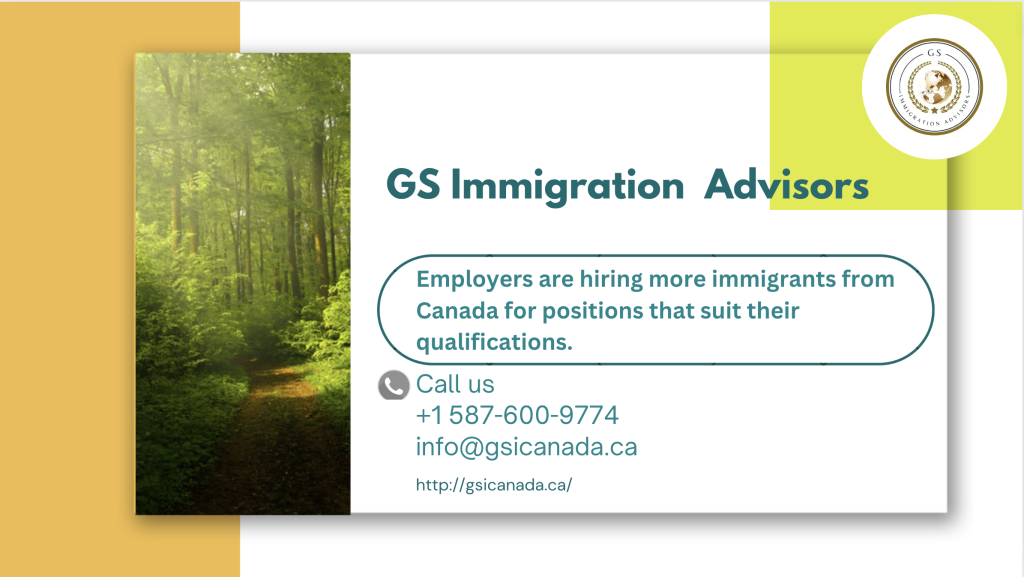
According to a recent Statistics Canada (StatsCan) analysis, there may be a decline in overqualification among immigrants to Canada.
When immigrants are hired for positions where their training and/or experience are too advanced for them, it’s known as overqualification.
A StatsCan report released on May 22 states that the proportion of recent immigrants holding “jobs fitting their qualifications” has increased by 4.4% between Canada’s most recent two censuses* among those with at least a bachelor’s degree.
*A comparison of census statistics from 2016 and 2021 supports this.
Notably, throughout the same time period, StatsCan also showed a decline in the proportion of recent immigrants who were “over-educated.” 31.1% of recent immigrants were overeducated for their jobs, according to census data from 2016. In the census taken in 2021, this percentage dropped to 26.7%.
Overqualification has long been a problem for immigrants to Canada.
According to StatsCan statistics, there has been variability in the rate of “education-occupation mismatch” among new immigrants dating back to 2001.
The “education-occupation mismatch” among immigrants has fluctuated.
Of recent immigrants, 28.7% had more education than was necessary for their job in 2001.
This number varied in five-year intervals as follows:
2006: 32.9%
2011: 27.8%
2016: 31.1%
2021: 26.7%
Note: This means that, in 2021, recent Canadian immigrants had the lowest rate of overeducation in 20 years.
Corresponding data also revealed that 2021 (44.4%) revealed the highest percentage of recent Canadian immigrants with an “education-occupation match” that Canada has seen in two decades.
Going backwards to 2001, StatsCan revealed that the percentage of recent immigrants with a match between their education and their occupation was as follows:
2016: 40.0%
2011: 43.7%
2006: 43.7%
2001: 48.0%
If they are eligible, recent immigrants to Canada (as well as newcomers more generally) can try to resolve concerns about overqualification by utilizing bridging programs.
The purpose of these programs, which are funded, arranged, and managed by provincial and territorial governments, is to assist immigrants to Canada in making the transition from their foreign education and/or job experience to Canadian standards.
Note: Bridging programs are not available for workers in all industries.
These programs prepare newcomers to work in regulated businesses across Canada, typically the same industries they worked in while residing in their place of origin, by helping foreign nationals obtain the necessary certification and work experience.
To learn more about bridging programs, go to this website.
Getting a job in Canada
Finding work is not always simple for immigrants to Canada.
This is partially due to the fact that every nation has distinct workplace norms, traditions, and standards.
Many online tools are available to help foreign nationals prepare for and find employment in Canada. These resources can help with everything from crafting a CV in the Canadian style to preparing a strategy for their upcoming job interview.
Below is an example of these resources:
Contact us today for expert assistance with visa applications, residency, citizenship, and more.
Add: 9765 45 Ave NW Edmonton, AB – T6E 5V8
Call : 1-587-400-3335
Email: info@gsicanada.ca
Work Permit and Visitor Visa
© 2024 Copyright by GS Immigration Advisors